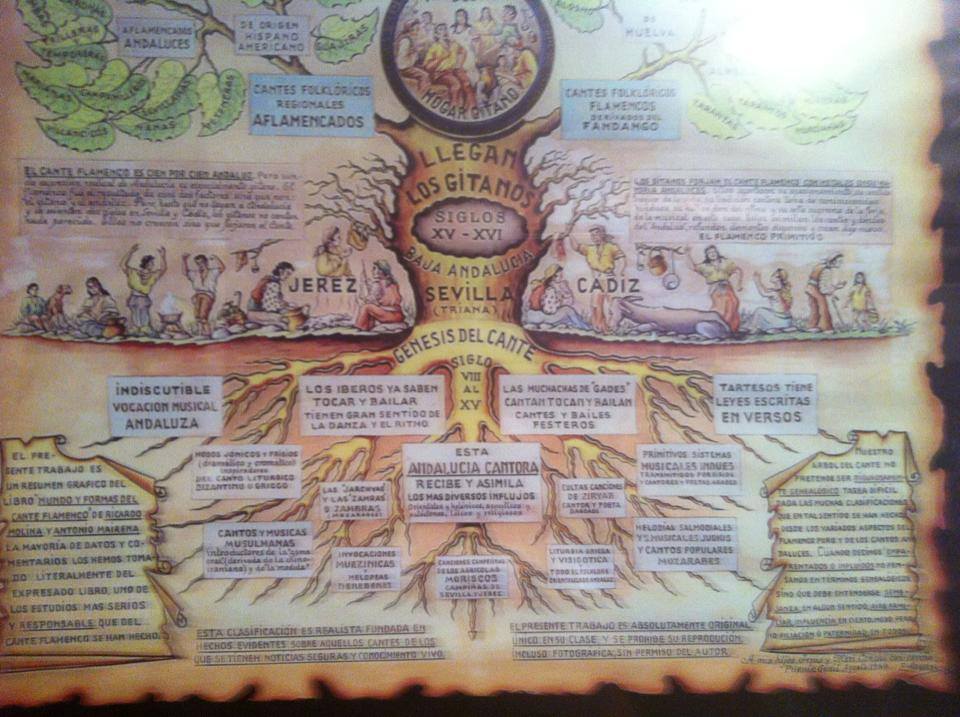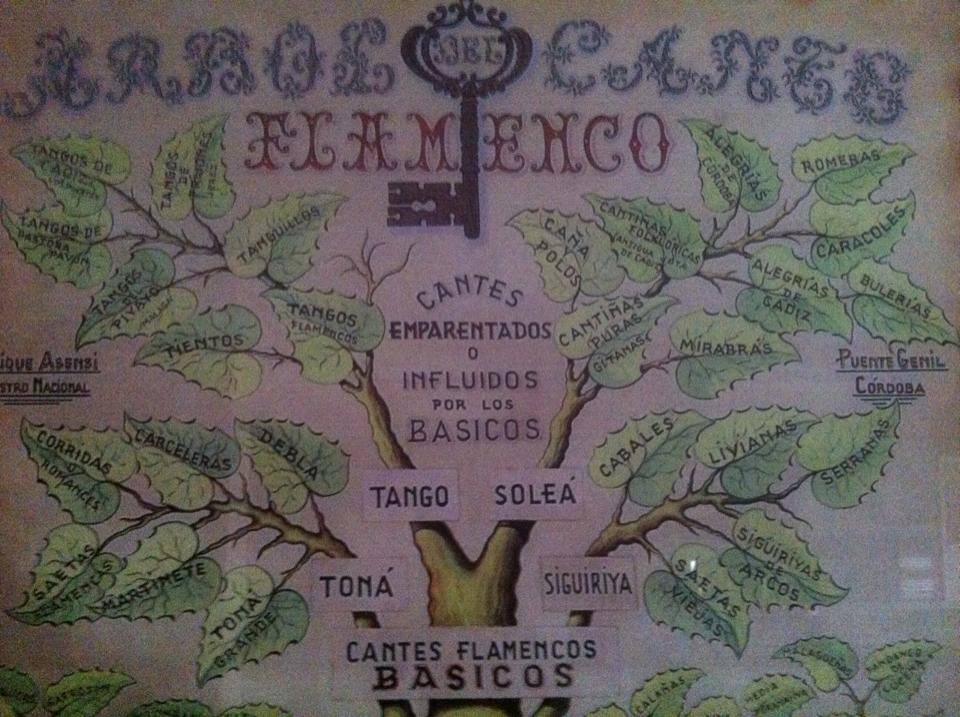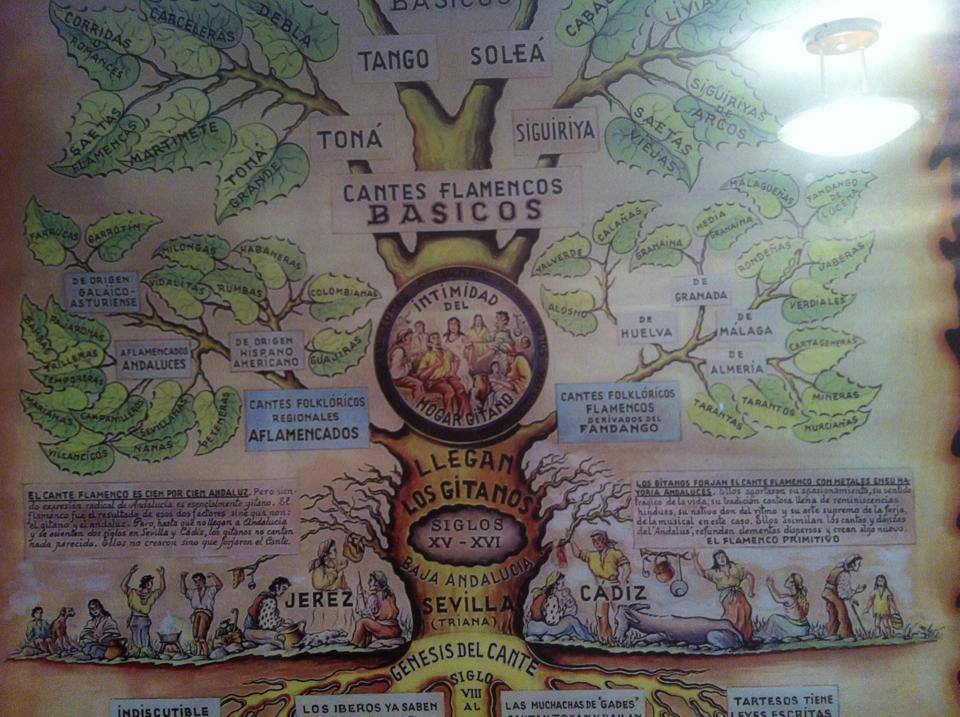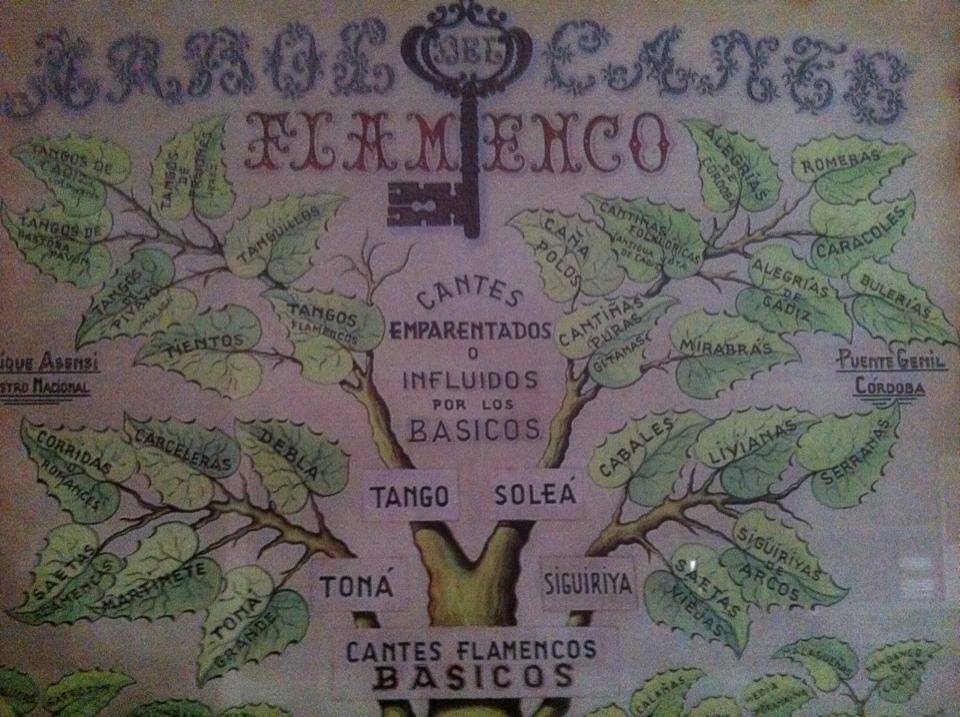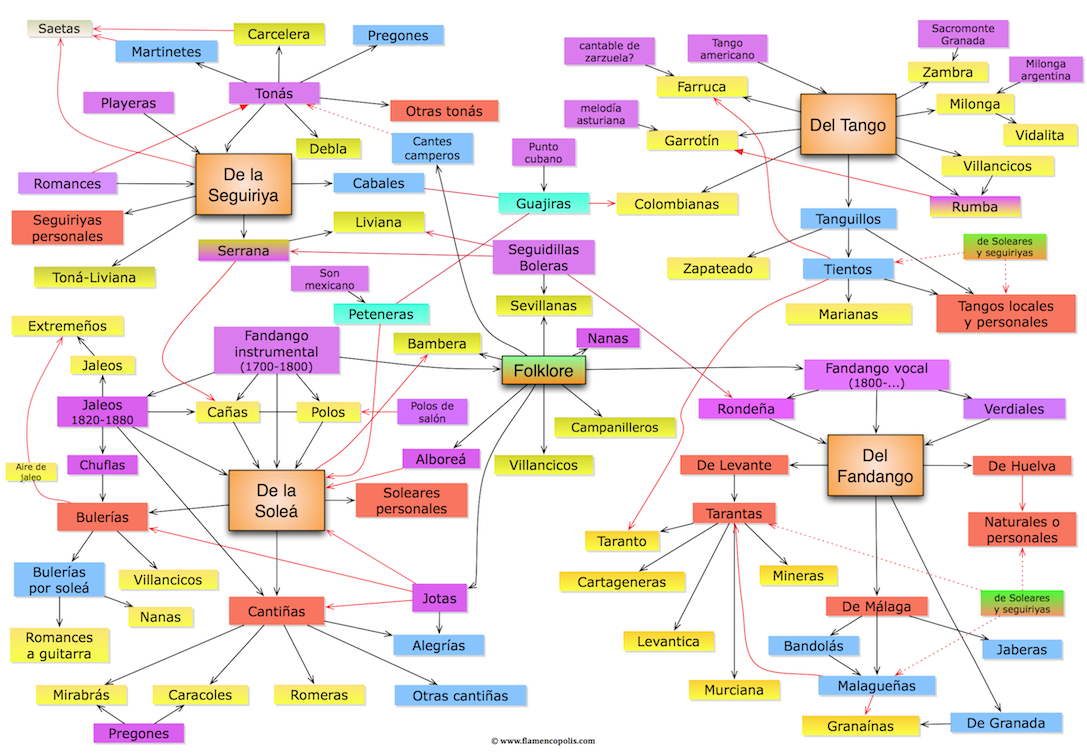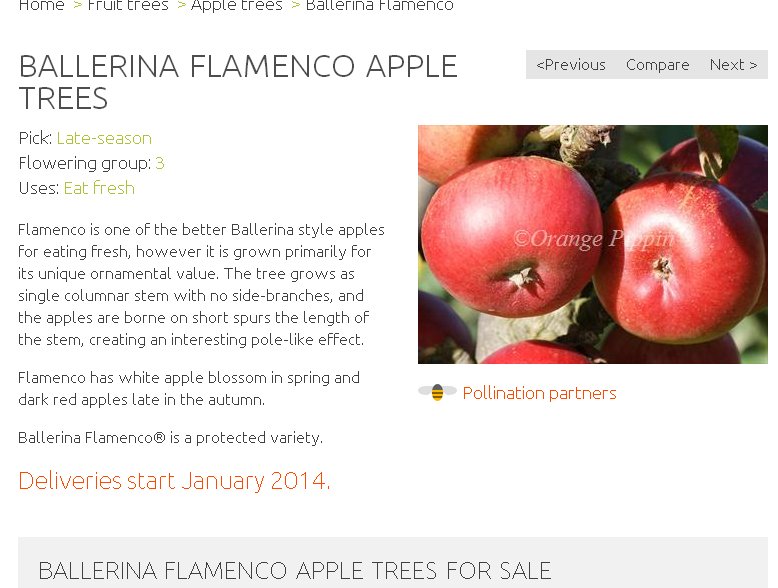|
gmburns -> RE: Flamenco Tree (Mar. 13 2014 12:23:17)
|
quote:
ORIGINAL: mark indigo
quote:
I don't think there is ever a danger of learning too much about a subject; about it becoming an academic exercise (and is that bad?). I've found that just about every subject, art form, science, philosophy, "recreational activity", whatever, is helped in some way (often in a surprising way) to be more fully understand and more fully enjoyed, if one finds out a whole lot about it.
I agree with what you say here in general, but we are talking specifically about flamenco, and I was talking about the balance between intellectual knowledge and practical experience (I was actually referring to what Antonio Mairena about good flamenco requiring three things: knowledge, technique and feeling).
I think the knowledge acquired needs some sort of experience to make it meaningful.
I've read quite a lot about the Moorish history of Spain, which is very interesting, and gives some cultural and historical background, but doesn't actually help that much in accompanying dance classes.
I've read a lot about various schemes of classification and categorization of cantes, but while a certain amount of that helped me in the beginning to start to distinguish different palos, there comes a point where ear is more important for accompanying cante.
I see it all the time with dance students buying cd's of flamenco indian fusion exploring the the roots of the Gypsies' migrations, or trying to read academic treatises on counting in order to "understand" compás, but they don't know where the letra starts....[&:]
I agree with what you're saying. I'm not interested in studying to learn how to play or dance. I may dance later, but I'm not interested in studying for that purpose. I'm much more interested in the culture side of things.
|
|
|
|
